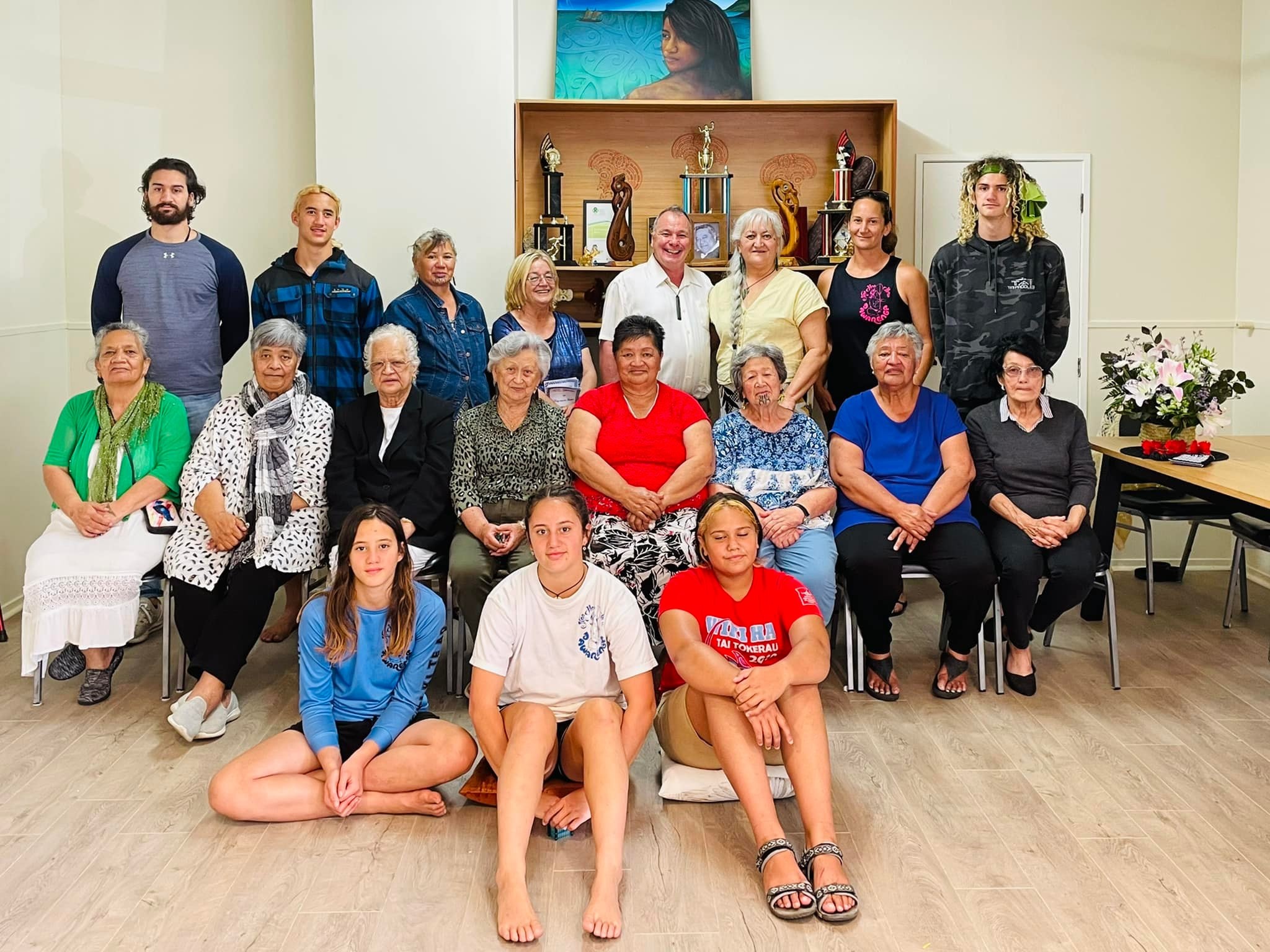Quiet and intimate - the way I like my parties to be. Thank you COVID.
There are far too many wonderful memories to ever fully express our gratitude and love for the people we have met and worked with and for over the past fifteen and a half years. However, here at the beginning of my retirement and another calendar year, I find myself dreaming vividly of, and my heart being urgently turned towards, both our tūpuna and our mokopuna. That’s not surprising given that, in the tripartite of tikanga, I am the link between these two groups of whānau. And as I reflect on that, I understand anew the importance of whakatauki – those pearls of wisdom passed down through the generations to guide us through Te Ao Huri nei (this turbulent world of life).
Today, I share three whakatauki that are especially relevant for these times. The first is: Titiro whakamuri kia anga whakamua.
(Look to the past to move forward.)
The late Anthony de Mello taught by telling stories that each hinged on a specific guiding principle towards awakening, awareness and, ultimately, enlightenment. In short , he taught through whakatauki. However, there was one over-arching and underpinning principle that wove through all of his teachings; i.e. in the tripartite of past, present and future the only place of power is the present. Eckhart Tolle was to later make that principle the core of his bestselling book, The Power of Now.
But long before either de Mello or Tolle were born, our tūpuna Māori had distilled the same principle into the above whakatauki which does not require us to live in the past but encourages us to learn from it in order to move forward into the future with wisdom and strength.
The second whakatauki I share today is: Ehara taku toa i te toa takitahi, he toa takitini.
(My strength is not that of a single warrior, but from the work of many.)
My grandmother, Alma Herbert, used to say that you could tell a good work by how long it lasted and how well it did after its leader left or died. If it continued to produce good results and to grow in effectiveness, then it was a good work. But if it fell over or shrivelled when the leader left, then it was probably an exercise in someone’s ego.
Well, now that I am officially retired as the Chief Executive of Te Rūnanga-ā-Iwi o Ngāti Kahu, I know that going forward, the operations will be led differently but the kaupapa will remain the strengthening of whānau and hapū rangatiratanga.
So, looking forward, I’m contented at the depth of our succession pool and to know that the work will not only remain in competent and kind hands but will go from strength to strength. And that is the wisdom of the second whakatauki in a nutshell.
The final whakatauki I will share is actually a whakatauaki, because we know who said it. As his ōhaki to his beloved people, the late Makari Matiu told us: E ako ki a tatou tamāriki, tautokongia nga mea tika ana.
(Teach our children those things that are right.)
In closing, our tupuna loved us just as we love our mokopuna. And so, we too shall one day bequeath to them our own wisdom within our own whakatauki.
Arohanui ki a tatou katoa. Na Doug Graves and Anahera Herbert-Graves

